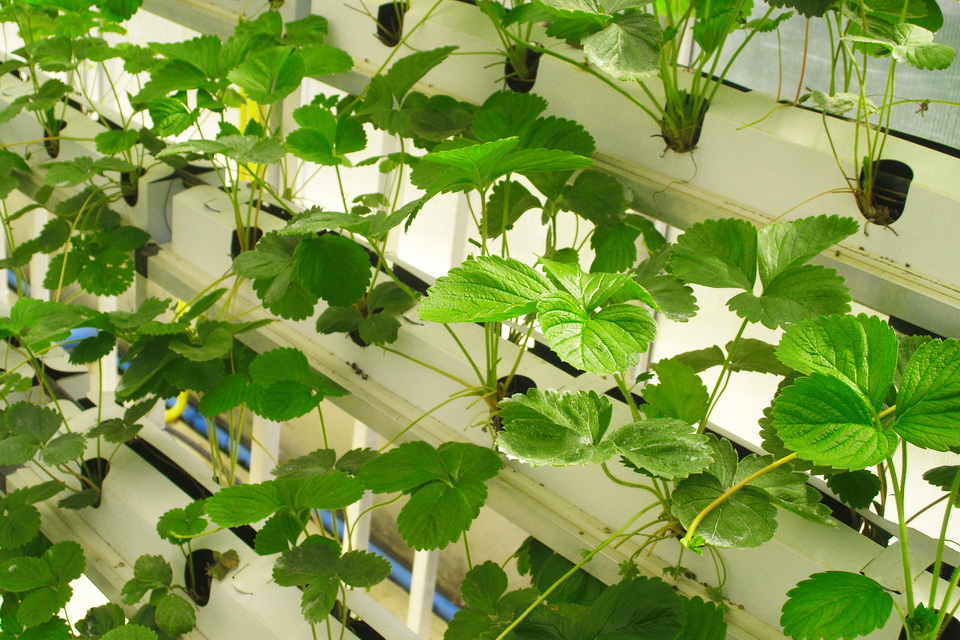As we have entered into the tech era, a number of technological advancements can be seen in our daily life. These advancements are not only related to science or medical fields but can also be viewed in other areas as well, such as sports, traveling, gardening and much more. If we just talk about gardening, then with the growing demand of food and natural plants, gardening has been improved in numerous ways. One doesn’t have to wait to enjoy the goodness of a natural item that is grown in a particular season. Humans of the present century have invented alternative ways to grow such seeds i.e. hydroponic gardening.

Literally, hydroponic gardening is the more enhanced version of greenhouse planting. This system utilizes water to grow plants instead of soil. According to many researchers, the deep roots of hydroponics can be seen in the history but it is more refined and practiced today. The art of hydroponic gardening can be witnessed in hanging plants of Babylon which is a proof that this technology is not new but has been adopted with many improvements in the practices and procedures. Clean water containing an abundance of oxygen and nutrients were used to keep plants breathing without having any soil contact their root structures. Other likely applications of hydroponics in the early centuries have also been witnessed within the Aztec culture.
Hydroponics can easily be practiced at home or other areas. One just needs to get enough knowledge about the gardening system, its possible pros and cons and the outcomes you will get after a being successful or unsuccessful in such gardening. Many different methods were initiated to advance the people in the field of hydroponic gardening. Wick system, Deep Water Culture, Nutrient Film Technique, Ebb and Flow, Aeroponics, and Drip System are just to name a few.
Looking into the history of hydroponic gardening, Joseph Priestly and Dr. William Gericke are the two names which are highly associated with the invention of this idea. After many discoveries and thousands of researches, these scientists concluded that plants have the unique functionality of forming photosynthesis process in themselves and thus, this led them to initiate some techniques to grow plants without the medium of soil. They formulated a solution with rich nutrients and water and grew plants through this system. Today, this technique is highly adopted by the agricultural sectors and is now advancing in the same field to supply the edible food of all seasons over a year.
Basically, hydroponically grown plants and foods not only taste awesome but contain a good amount of nutrients too. You can also easily monitor your growing plants and food. Hydroponic gardening limits the pollution effect to your planting which requires just a limited space to grow seeds. This is particularly a good practice for those who do not own a backyard or a garden in their house to grow seeds. Moreover, this gardening system controls the pests and other harmful plant diseases and hence, healthy plants or food is grown in this system.
In the present time, practicing hydroponic gardening is not a difficult job. One should have a great interest in the field of gardening to perform preferable gardening activities. A good sense of knowledge is a primary key to attain the gardening options. In order to excel in hydroponic gardening, it is necessary to gain enough knowledge about the nutrients used and best practices to carry out the task. If you want to nurture organic, juiciest, yummiest and full of nutrients plants that you can just picture, then hydroponics is the right decision for you.
Author Bio:
Anthony Anson is an academic writer and help students in their academic related issues and provide them assistance with the help of Assignment Helpers who are also providing help to the students in their related issues.
History and Importance of Hydroponic Gardening
4:44 AM
ThanateTan







